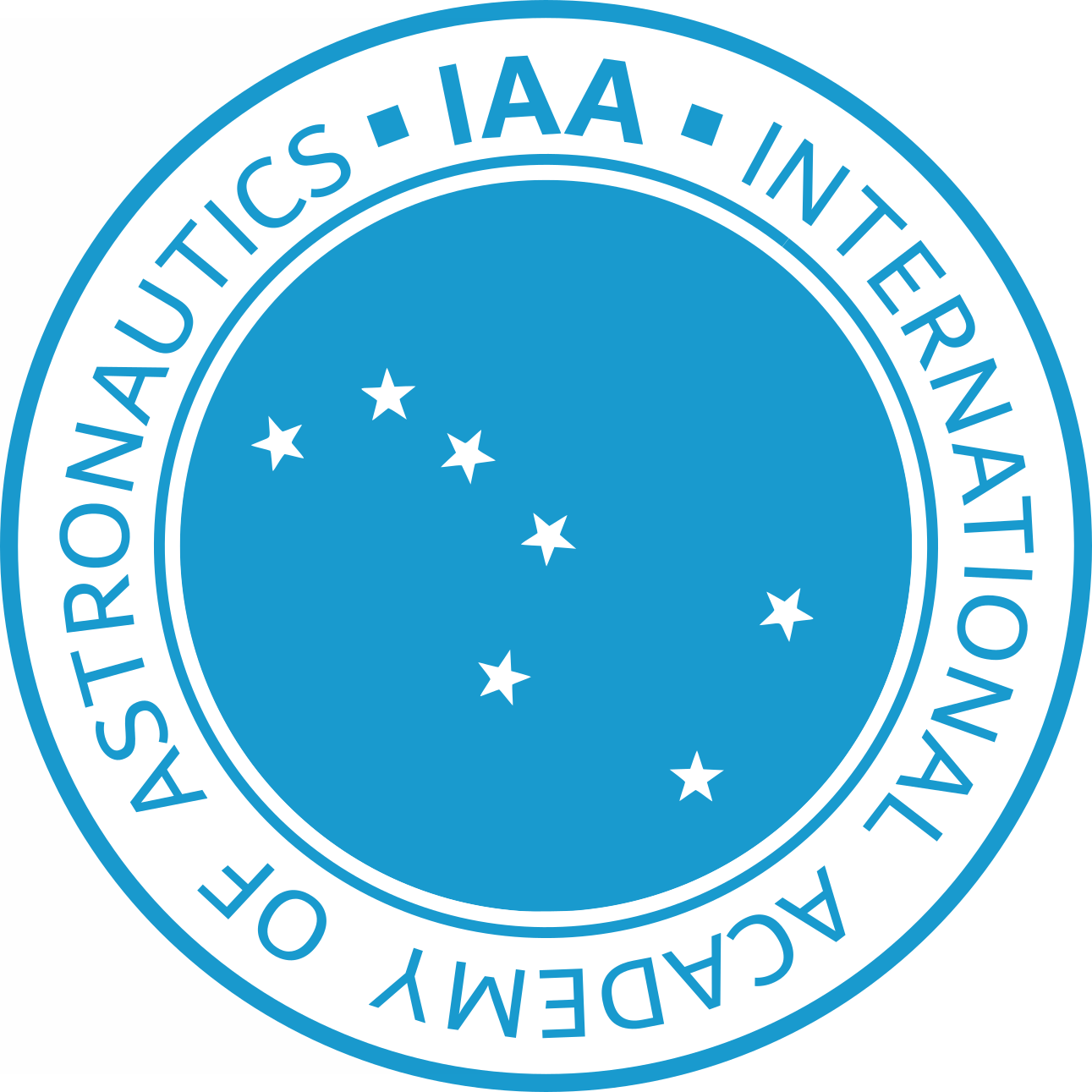
2nd IAA Conference on Space Situational Awareness
January 14-16, 2020
Washington, D.C., USA
Program (print pdf version)
For more detailed information, please visit the conference website at:
http://reg.conferences.dce.ufl.edu/ICSSA/
Due to the generous sponsorship from the International Academy of Astronautics (IAA) and the American Institute of Aeronautics and Astronautics (AIAA), the Mechanical and Aerospace Engineering Department of the University of Florida (UF) held the second International Academy of Astronautics (IAA) Conference on Space Situational Awareness (ICSSA). The ICSSA was hosted at the Hilton Arlington, in Washington, D.C., USA, from January 14th to January 16th 2020.
The foremost purpose of Space Situational Awareness (SSA) is to provide decision-making processes with a quantifiable and timely body of evidence (predictive/imminent/forensic) of behavior(s) attributable to specific space domain threats and hazards. The conference will cover broad-ranging technical and policy related aspects associated with the topic of SSA. Over the past two decades, SSA has evolved into a high-impact, multidisciplinary field of research. The magnitude and complexity of its constituent lines of inquiry are growing at rapid pace, driven by the increasing number of objects of interest, including resident space objects: RSOs (a collective term for active spacecraft and space debris) as well as near Earth objects: NEOs (comets and asteroids in Earth’s vicinity). Combining its various “notions”, SSA today spans research in areas of RSO/NEO sensing, identification, forecasting, tracking, association, risk assessment, resource allocation, spacecraft control, information & communication, proximity operations, debris removal, space weather, drag-controlled re-entry, alternative (non-propulsive) deorbiting technologies, liability and insurance issues and a host of other related topics. Continued sustainable access and utilization of space relies on the awareness of its environment, both from the perspective of human operators on the ground and autonomous spacecraft during flight. Moreover, as the nature and number of participants utilizing the space environment grows, there is critical need for steadfast governance driven by a coherent space policy.
Conference Co-Chairs:
Riccardo Bevilacqua, University of Florida
Moriba Jah, University of Texas at Austin
Mrinal Kumar, Ohio State University
Organizing Committee Members:
Arun Misra, Canada
Jeng-Shing (Rock) Chern, Canada
Ali Al-Mashat, France
Christophe Bonnal, France
Holger Krag, Germany
Luciano Anselmo, Italy
Carmen Pardini, Italy
Thomas Schildknecht, Switzerland
Jer-Chyi Liou, NASA, United States
Tarek Elgohary, University of Central Florida, United States
Topics:
Manuscripts are solicited on topics related to Space Situational Awareness includind but not limited to:
• alternative (non-propulsive) deorbiting technologies
• association
• cybersecurity in space
• debris removal
• drag-controlled re-entry
• forecasting
• identification
• information & communication
• proximity operations
• risk assessment
• resource allocation
• RSO/NEO sensing
• RSO/NEO identification
• space weather
• space policy
• spacecraft control
• tracking
Call for Papers:
Call for Papers (print pdf version)
Manuscripts will be accepted based on the quality of the extended abstract, the originality of the work and/or ideas, and the anticipated interest in the proposed subject. Submissions that are based on experimental results or current data, or report on ongoing missions, are especially encouraged.
COMPLETE MANUSCRIPTS ARE REQUIRED BEFORE THE CONFERENCE. THE WORKING LANGUAGE FOR THE CONFERENCE IS ENGLISH.
Abstract Deadline: October 10th, 2019
Special Sessions:
Proposals are being considered for suitable special sessions, such as topical panel discussions, invited sessions, workshops, mini-symposia, and technology demonstrations. A proposal for a panel discussion should include the session title, a brief description of the discussion topic(s), and a list of the speakers
and their qualifications. For an invited session, workshop, mini symposium, or demonstration, a proposal should include the session title, a brief description, and a list of proposed activities and/or invited speakers and paper titles. Prospective special session organizers should submit their proposals to the Conference Chairs.
Information for Authors:
The papers for the conference program will be selected basing on the quality of extended abstracts. The full paper has to be submitted before the conference, by December 1st, 2019. Due to the large number of expected submissions we encourage authors to submit abstracts early. Notification of acceptance will be sent via email by October 1, 2019. Detailed author instructions will be sent by email following acceptance. By submitting an abstract, the author affirms that the manuscripts majority content has not been previously presented or published elsewhere.
Contact:
For questions regarding registration and logistics, please contact:
Katie MacWilkinson, University of Florida Conference Department
kmacwilkinson@dce.ufl.edu
For more detailed information, please visit the conference website at:
